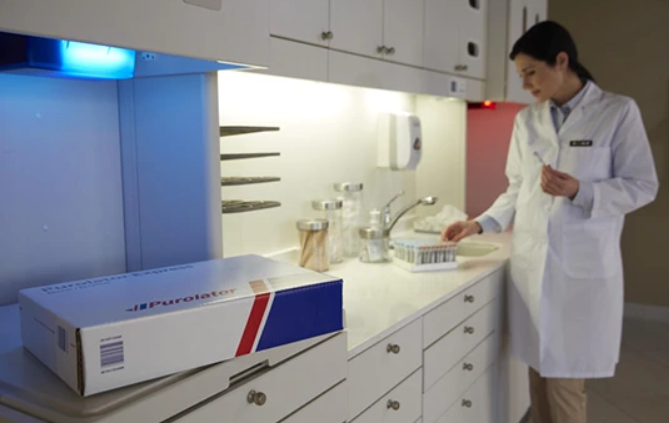
The precise impact of a vote for Brexit is uncertain. It would fundamentally change the nature of the UK’s relationship with the rest of the EU and the wider world and may also result in significant changes for those doing business in the UK. These changes may be particularly relevant to the pharmaceutical and medical device industries writes Elisabethann Wright, partner at Hogan Lovells.
How would Brexit impact the UK pharmaceutical industry?
A fundamental obligation related to the marketing of medicinal products in the EU is the requirement of a valid marketing authorisation. Only entities established within the EEA, most commonly within the EU, may apply for and hold a valid marketing authorisation. Brexit would mean that entities in the UK could no longer either apply for or hold EU marketing authorizations for medicinal products. For marketing authorizations granted to UK entities through the centralized, decentralized, or mutual recognition procedures prior to Brexit to remain valid these would need to be transferred to entities established in one of the remaining EU Member States.
With the forthcoming entry into force of the Clinical Trials Regulation, applicants for authorisation of multi-jurisdictional clinical trials in the EU will, in part, benefit from a centralized approval procedure. Following Brexit, UK sponsors of clinical trials would not have an automatic right to benefit from this procedure. They would be obliged to appoint a legal representative in an EU Member State through which application for authorization in accordance with the new rules would be submitted.
How would Brexit impact the UK medical device industry?
The right for medical device manufacturers to affix a CE mark to their products is based on demonstration of compliance with the obligations laid down in the EU medical device directives and related guidance documents that are currently the basis of related UK law. Brexit would mean that UK medical device manufacturers would no longer be permitted to claim automatic entitlement to market medical devices throughout the EU on the grounds that they have conducted a conformity assessment on the basis of EU device rules and affixed the CE mark to their devices. Like all other non-EU manufacturers, in order to continue to market their products within the EU UK manufacturers would be required to appoint a European Authorised Representative established within an EU Member State.
In addition, UK notified bodies would no longer be entitled to conduct a conformity assessment on the basis of the Directives. As a result, manufacturers working with UK notified bodies in relation to the conformity assessment of their medical devices would be required to appoint a new notified body established in an EU Member State. This is likely to lead to a new conformity assessment to permit the continued marketing of their medical devices in the EU.
How would Brexit impact current data protection obligations related to clinical trials?
EU data protection rules require non-EU sponsors of clinical trials to appoint a Data Protection Representative in each EU Member State in which there is a clinical trial site. Brexit would mean that UK sponsors of clinical trials for both medicinal products and medical devices would be required to appoint Data Protection Representatives in each EU Member State in which a trial site was established.
How would Brexit impact the healthcare industry?
Brexit also has potential implications for the healthcare industry more generally, in particular with regard to reciprocal access to healthcare, monitoring of diseases and mutual recognition of qualifications, which are largely regulated or undertaken at an EU level. More specifically, Brexit could impact on:
– The UK’s access to and participation in the EU’s early warning and response system for the prevention and control of communicable diseases;
– The right to reciprocal access to healthcare between the UK and EU member states;
– The automatic mutual recognition throughout the EEA of the qualifications of health and social care professionals who qualified within the EEA;
– The free movement of UK healthcare workers to work in the EU or the ability of UK health care providers to utilise EU qualified healthcare workers;
– The harmonised approach throughout the EU on the procurement, storage, use and monitoring of all human tissue and blood.


















